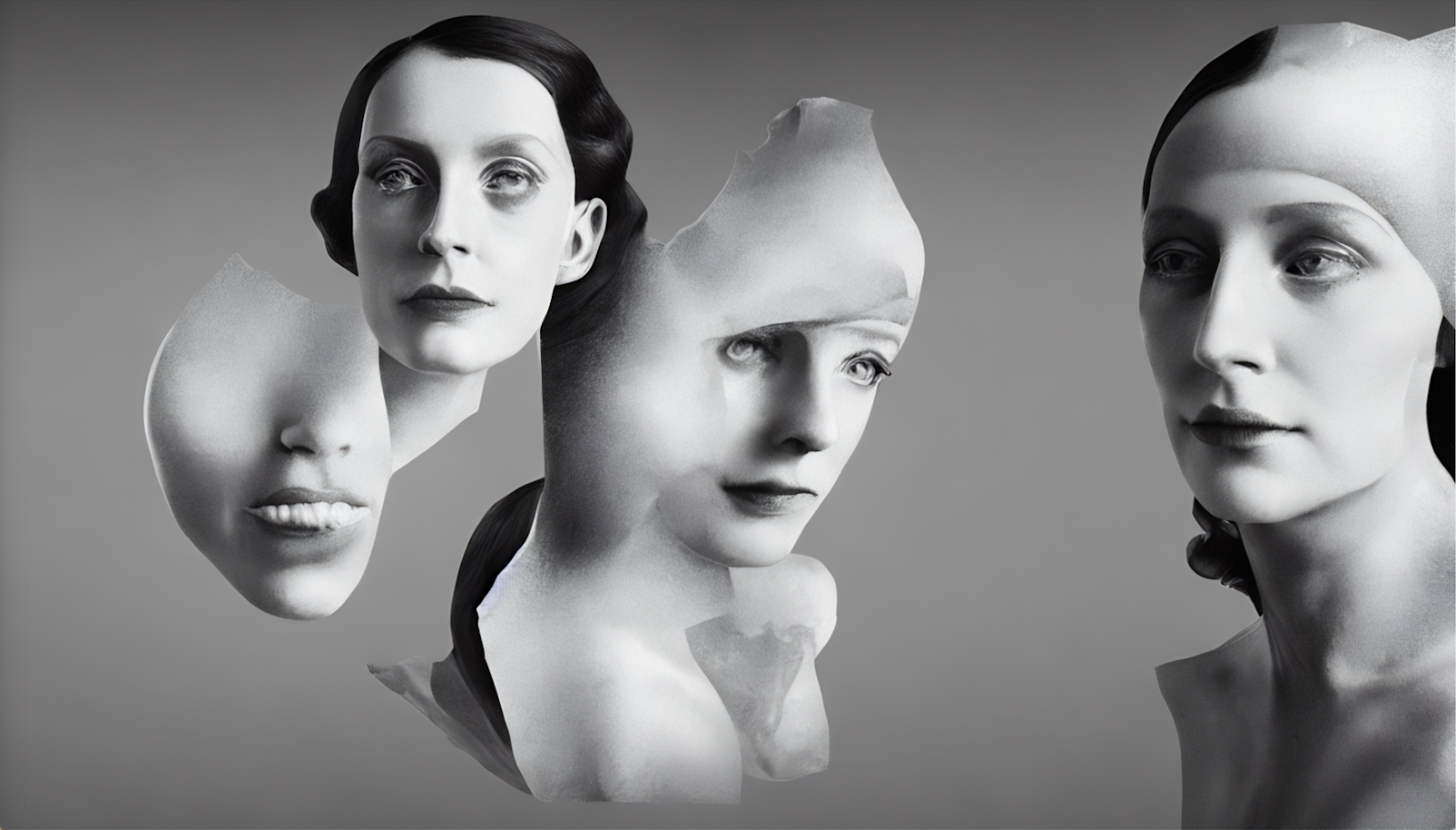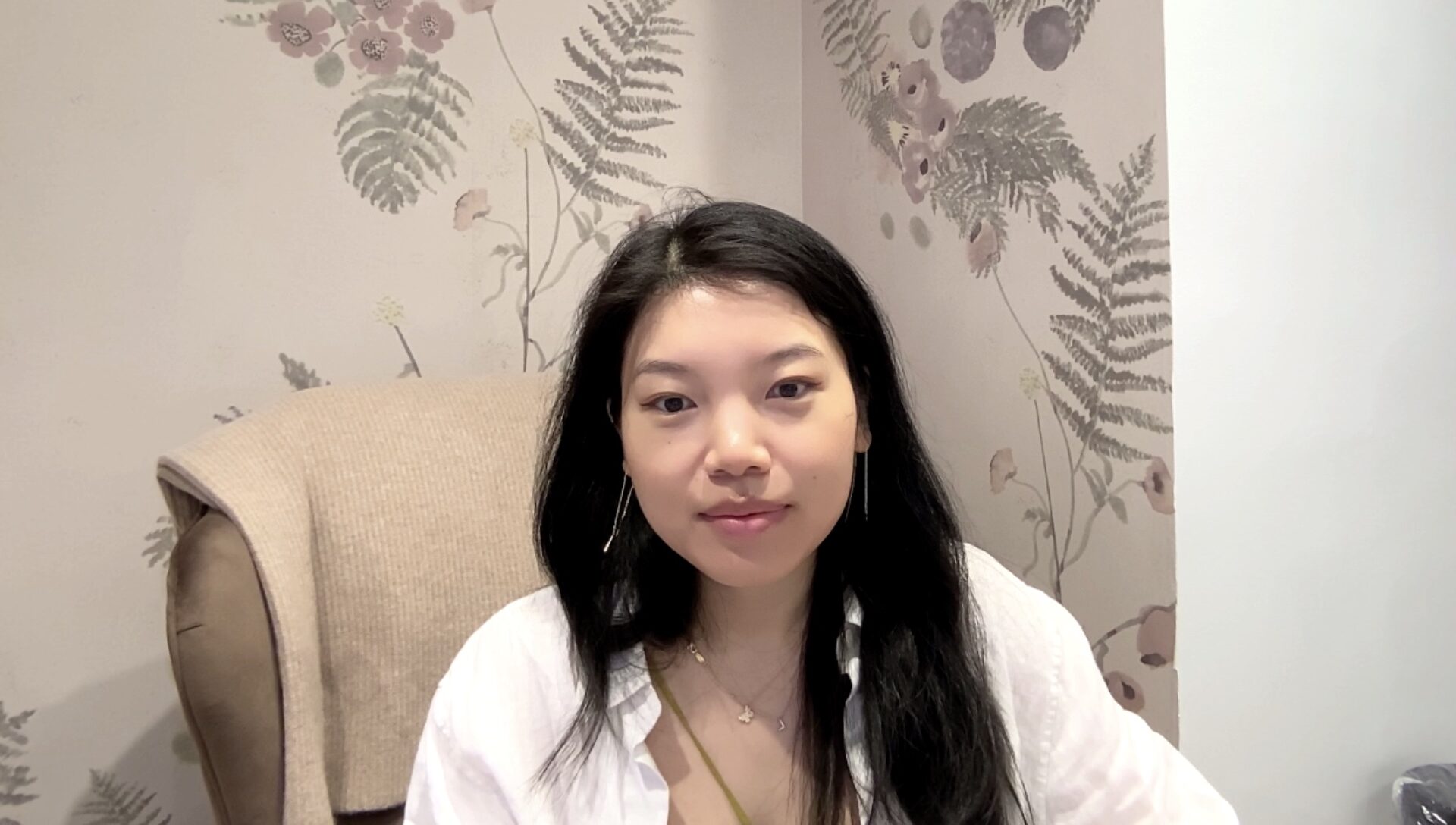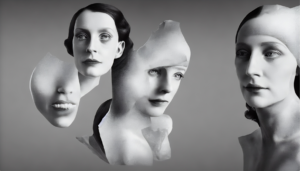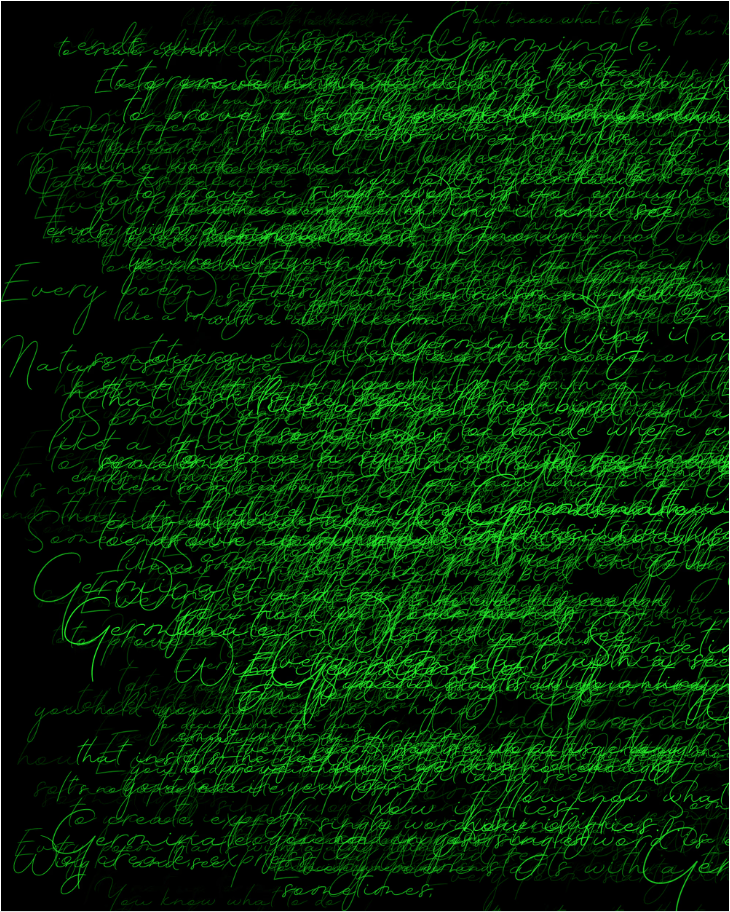Li Jin

AI, NFTs, and Proof of Personhood: The Frontier of the Crypto Creator Economy
Takeaways from a provocative panel discussion with Botto DAO, WorldCoin, and the poet Sasha Stiles
As AI gains steam in everything from media to manufacturing, Variant is especially interested in the applications of AI in the crypto creative context.
During this year’s NFT NYC, we held a panel with Tiago Sada, Head of Product at Worldcoin, a proof of personhood protocol; the poet and AI researcher Sasha Stiles, whose poetry collection Technelegy was co-authored with AI models GPT-2 and GPT-3; and Simon Hudson, one of the core contributors to BottoDAO, stewards of the “decentralized autonomous artist” Botto.
Here are some of the most interesting questions and quotes to come out of a provocative and timely discussion. (Make sure you also read my partner Jesse Walden’s new piece about finding the value in AI-generated art.)
AI still needs humans to mentor/train it to be smarter
The rise of AI has left some people concerned about AI replacing people, but Botto is one of many examples of an AI that still requires humans to guide it.
Simon Hudson explained that he sees Botto as an experiment that poses the question: “Can a machine be recognized as its own artist?”
As Simon acknowledged, “machines don’t really know what good art is.” Hence the role of human stewardship and curation in the form of the Botto DAO: each week, the autonomous artist Botto generates a multitude of artworks, and DAO members vote on the quality of the pieces. That human feedback makes Botto smarter, and the proceeds from the final NFT art sales are distributed back to DAO members—thus Botto isn’t fully autonomous, since the AI can’t make a subjective judgment on quality and significance.
“Botto itself is an autonomous agent, but there’s a lot to be done to make it more and more autonomous over time, as well as making the overall project fully decentralized,” Simon said.
Botto piece “Ages Reflect Obscurity”
AI can augment rather than supplant human creativity
Sasha Stiles, a writer who has been working with large language models since 2018, highlighted the use of AI as a tool enabling writers to tap into a hivemind of inspiration, similar to how writers already draw on a range of influences from discrete authors in countless ways.
“Whether or not I as a poet am consciously grabbing from Whitman or from Octavia Butler or whatever, these things are in the ether, and they’re part of culture, so they’re informing me, they’re informing all of us in different ways,” she said. “That to me feels very similar to what is happening when I’m working with AI as a writer. I’m tapping into this vast brain that knows all these things, in a way that’s not too dissimilar from how I’ve actually written my entire life, which is, contrary to popular thought, not as a solitary writer locked in her room being touched by the muse, but actually as someone who’s been absorbing information.”
And to those who say AI creations can’t be considered “real” art, Sasha had the following perspective: “I really bristle at the idea that AI can’t be creative because it’s not coming from a quote–unquote ‘original’ source. My personal experience working with these tools has been that a lot of the output, to me, and increasingly to readers that I’m hearing from, it is actually striking them as real poetry, it’s profound, it’s doing things that are similar to what human language does to all of us and has done for a long time.”
A piece from the collection “Every Poem Starts With a Seed” by Sasha Stiles
With AI-generated content, the role of humans shifts to curating and meaning-making
Simon explained that the role of the community is to imbue significance and impart meaning to the works that Botto, the AI artist, generates. “Botto’s not delivering a lot of intent with its pieces,” he said. It’s the role of community members to ascribe meaning to and make sense of its output: “the discussion in the Discord between members about what they see, the meaning they see, the patterns they see, interpreting it within a theme that maybe Botto’s working on in that period within Botto’s overall body of work, or in their personal meaning… That ends up being the meaning that attaches to this piece.”
To put it more bluntly: Botto’s work is meaningless without the human element of choice, since the only Botto creations that the public even sees are those that the group decides to share.
Many AI tools and services will require that same type of alignment. “We’re in a human world and we’re talking about AI alignment,” Simon said. “We need to align it to our meaning, our symbols, our values. I don’t think the human input ever goes away. It is always present.”
Proof of personhood and provenance become more important as content proliferates
The very phrase “proof of personhood” may still elicit eye-rolls from some: Why would you need to prove you’re a person? But we’re already used to giving that proof online all the time (“select all the squares with traffic lights”), and with AI rising, it’ll only become more important.
Tiago Sada explained that solving for proof of personhood becomes critical in an age of AI: “In a world where everything can be faked or everything can be generated, how do you know who and what to trust online? When you see 20,000 accounts, are those 20,000 real people, or are those one person in Russia with 20,000 bots that are trying to push some opinion?”
That proof of personhood check can be architected in a range of ways, with Worldcoin taking a biometric approach that leverages zero-knowledge proofs to preserve users’ privacy. It’s rapidly become clear, Tiago said, that we need tools for proof of personhood. “The question now is like, will that be decentralized? Will it be privacy preserving, and will it be open source?”
AI will necessitate rethinking how to compensate artists
One potential application of Worldcoin’s identity protocol is as a mechanism for distributing a global universal basic income (or “universal creative income”). On how this idea might relate to artist compensation for their contributions to training data for generative AI models, Tiago said: “It all starts with provenance. It starts by knowing who gets credit for this thing. I think the first thing that we need to figure out is how do we sign these pieces… and then the second piece is how do you prove that you’re eligible for that given UBI.”
How would that work, in practice? Tiago elaborated: “Some UBIs might have a requirement that you’re a human. For other UBIs, it might be, you contributed to this dataset where you’re from X or Y country. We want people to give the tools to have those discussions, and so what we’re working a lot on is the protocol allows you to make those statements about yourself in a way that also preserves your privacy.”
+++
Disclaimer: This post is for general information purposes only. It does not constitute investment advice or a recommendation or solicitation to buy or sell any investment and should not be used in the evaluation of the merits of making any investment decision. It should not be relied upon for accounting, legal or tax advice or investment recommendations. You should consult your own advisers as to legal, business, tax, and other related matters concerning any investment. Certain information contained in here has been obtained from third-party sources, including from portfolio companies of funds managed by Variant. While taken from sources believed to be reliable, Variant has not independently verified such information. Variant makes no representations about the enduring accuracy of the information or its appropriateness for a given situation. This post reflects the current opinions of the authors and is not made on behalf of Variant or its Clients and does not necessarily reflect the opinions of Variant, its General Partners, its affiliates, advisors or individuals associated with Variant. The opinions reflected herein are subject to change without being updated.
Variant is an investor in Botto and Worldcoin.


